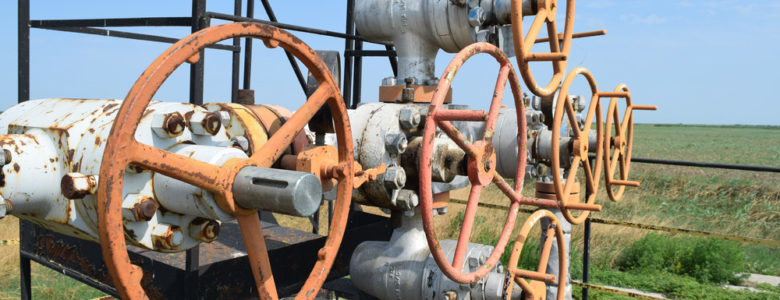When thinking about properly functioning piping networks, you must consider pipeline integrity management (PIM). This management system covers everything from the bare minimums of compliance to receiving higher reliability as a result of integrity programs. The best programs ensure your piping network functions at the highest level. These programs also guarantee long-term pipeline integrity over the life of the network.
Changes In Long-Term Pipeline Integrity
There was a time when minors leaks were allowed in piping networks. However, due to the occurrence of major incidents, there has been a significant shift in what is allowed when considering long-term pipeline integrity. Two of the most common problem areas for engineers when designing a piping network are heat and moisture. The cost and impacts of moisture, heat, and leaks can be high. The consequences of leaking incidents have resulted in a higher focus on cost management and more stringent leak regulations. There is constant development of better tools to identify sources of leaks. New technology is used to identify problem areas, and resulting programs are being used to ensure long-term pipeline integrity.
New Technology and Pipeline Integrity
Groundbreaking technology has been utilized to create tools to assess the condition of a piping network. This helps companies take a proactive approach to pipeline integrity instead of waiting for a leak to happen. This technology can determine when existing pipe networks are corroded and risk significant health impacts to nearby areas and people. In addition, the materials used in pipes today have improved significantly, which assists in long-term pipeline integrity. There was a time when pipes were made from bored-out wood, then cast iron, and today high-strength and special steel. However, these modern materials are ideal for significant pressure and corrosive environments.
There are a number of concerns of which you should be aware when it comes to long-term pipeline integrity. If you are concerned, you can test the integrity of your piping network through various tests, including hydrostatic testing. This testing will determine the structural integrity of your pipes and piping network. In addition, it can test the strength of pipelines and plumbing systems. If you have a pipe system that you are uncertain about, contact a professional at Dynagard to determine the integrity of your piping network.



Leave a Reply